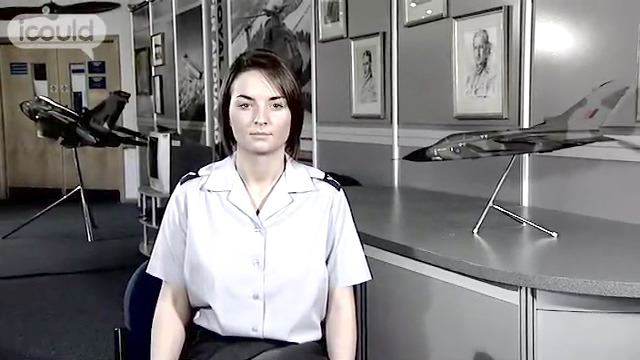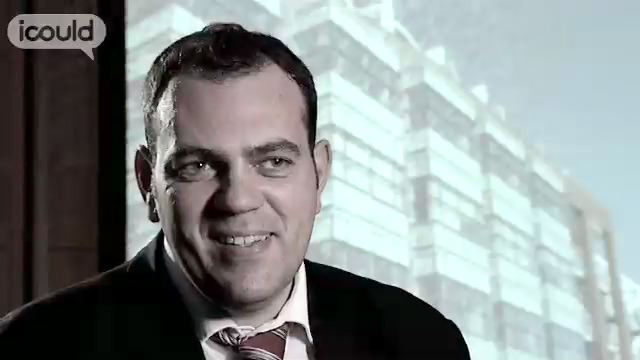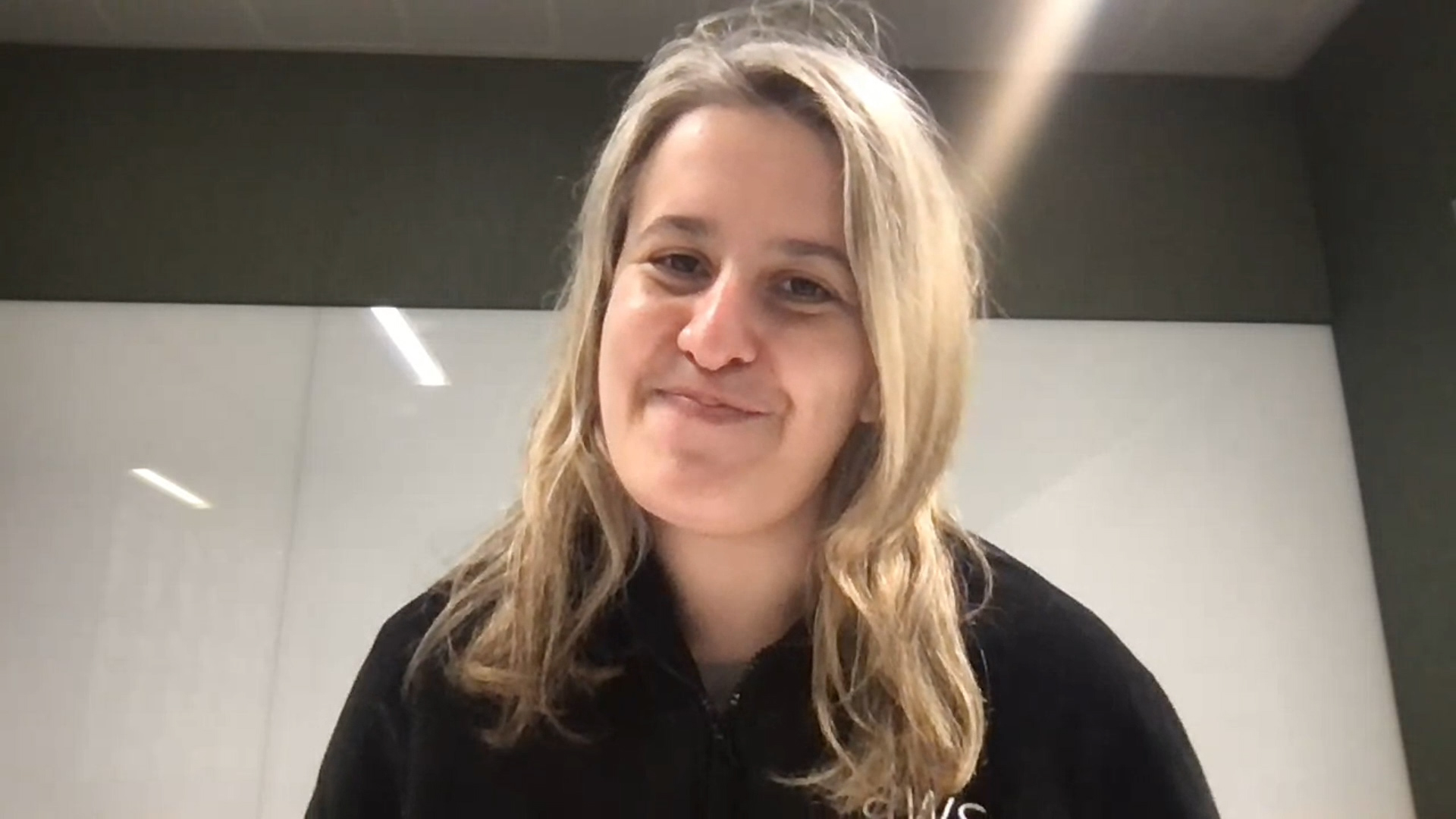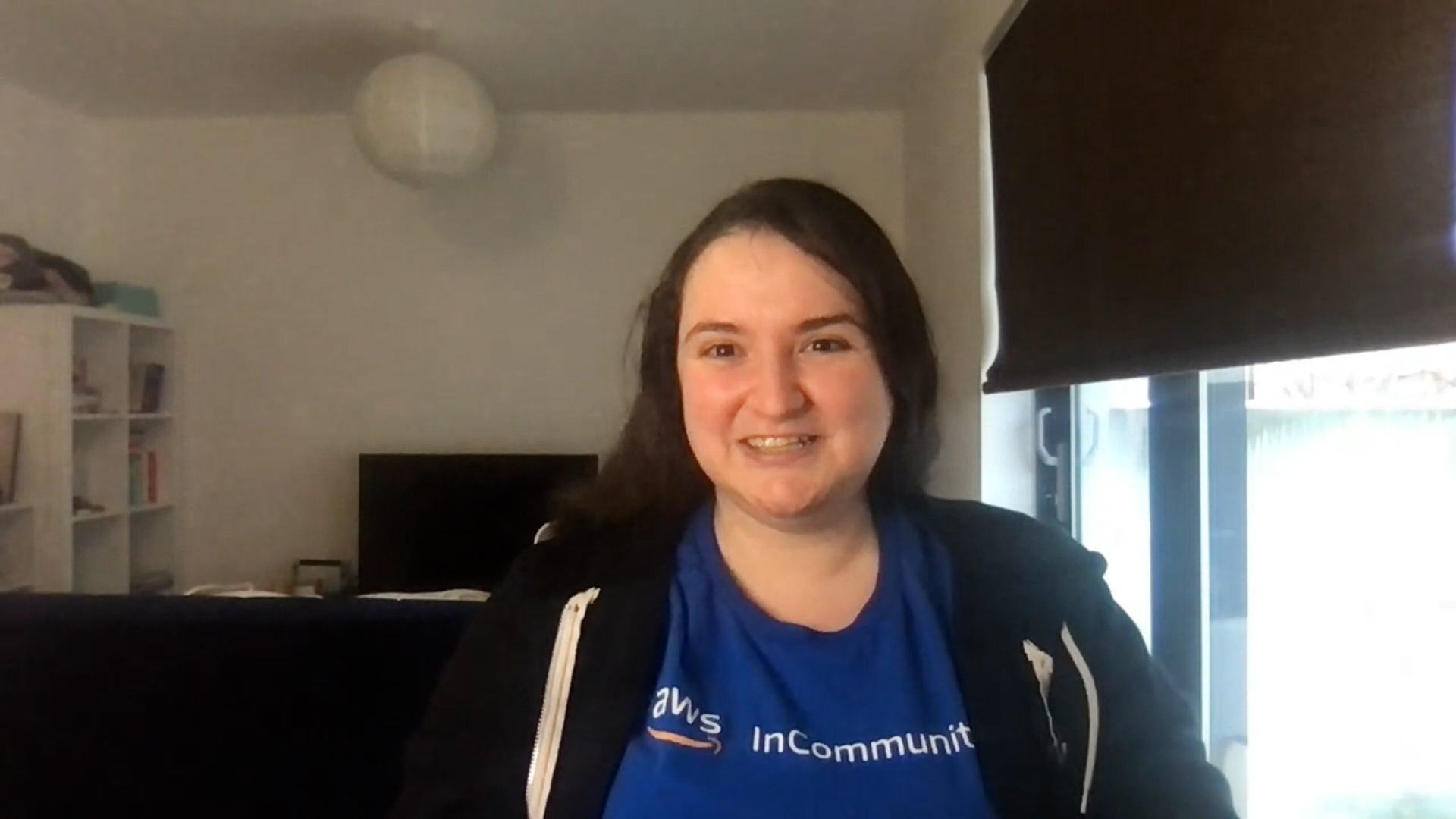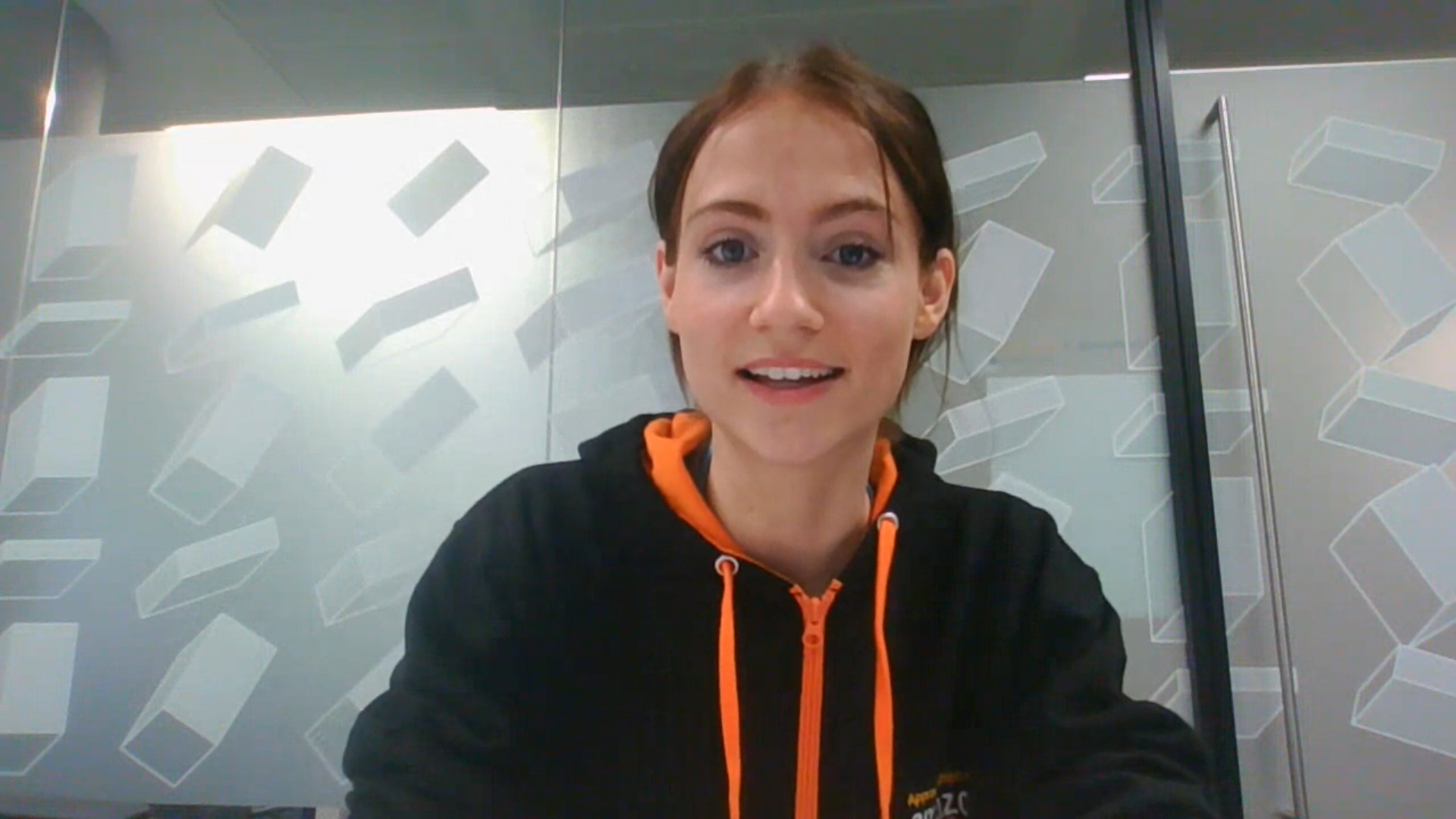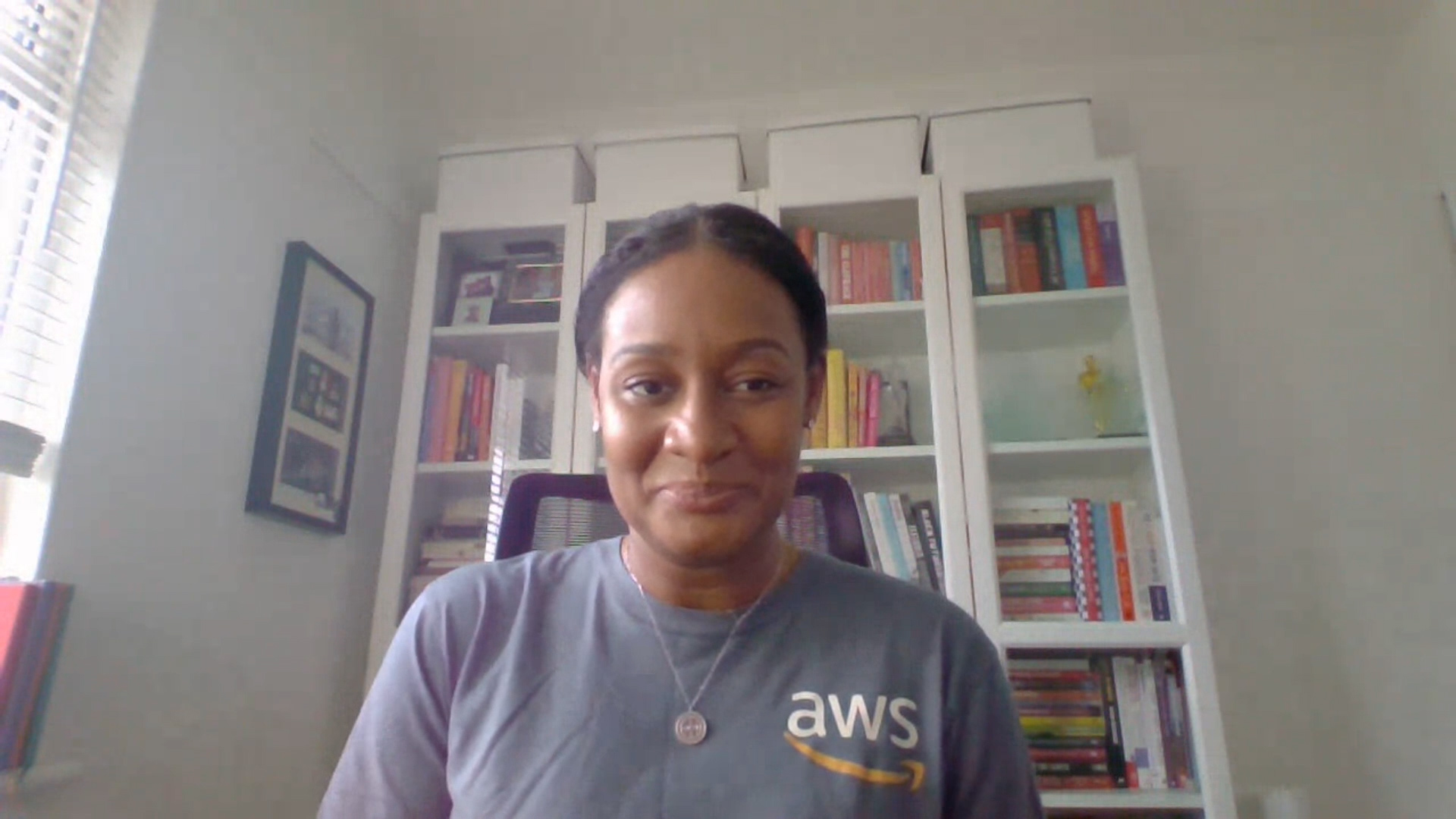Head of IT
Colliers International
Perry W
00:00:04 Hi! My name’s Perry W and I’m the Head of Business Systems and IT at Colliers CRE. It’s quite involved. No two days are the same. It’s really looking after the IT systems and our infrastructure and applications for the large organisation. We service from an IT point of view around 850 staff up and down the UK and my team is on around 25 people. Managing actually is quite rewarding. Very challenging at the same time but I think it adds an extra element to my role.
00:00:37 Working with IT you always expect it to be able to fix something instantly. If it has a plug on, quite often it’s a case of, ‘it must be something to do with IT’. Everyone always thinks that the standard response to any IT issue is ‘turn it off and turn it on again’ but that’s not always the way. But some people obviously need a little bit more help than others, a little bit more challenged in their IT abilities and that’s one of the things which is interesting because you deal with people at all levels.
00:01:02 I was never a tecchie of taking things apart, of PCs and building them in my bedroom when I was young. That really wasn’t what I was into back then. Looking back at my school days, I was much more into sort of technology but not from an IT point of view. A lot of design and technology, building things, woodwork and metalwork. I liked electronics and mathematics and sort of physics at school and during that time I was involved in lots of other things. Definitely involved in working with other people and I used to be involved in things like the Duke of Edinburgh Award and just interacting and spending time outside of school really.
00:01:38 When I initially left school I decided that I wanted to go into an organisation. I wanted to work in a large company and I wasn’t a hundred percent sure what I wanted to do. I chose moving into the banking arena so I went and worked for Natwest. One of the main reasons behind that was that although I did decide and I had the grades to go onto further education, I wanted to work at the same time and do something in the evenings. At that time it was quite important that, as a family, I could go and earn some money so it was a decision that I made really.
00:02:09 So whilst I was working in that role, it seemed to be that in order to get things done and get things done a much quicker way and actually look at some presentation and using tools, computers seemed to be the right thing to do and I really then understood that IT was where I wanted to go, being involved in it, and I also started to write some programs and applications on the computer for the team and what we could try and do with the work that we had to do. And that really interested me and I moved more and more into doing that than actually doing the credit side of the work.
00:02:42 And what happened, I had a call from a head-hunter and went for an interview with a software house and the software house was quite local to where I lived which was also an advantage at the time, had an interview and got the job straight away. The only downside of that job actually, because it was probably one of the best jobs that I’ve ever had, it was the travelling up and down the country. And by that time I’d…we’d had our first child and the travelling was taking it out where I may only be home one night a week and just staying in a hotel for the remainder of that time. It is good but, when you don’t get to see your family very often, that’s what really in the end made me think about moving on.
00:03:19 Looking back at my career so far, if I was going to change anything, I think the one thing I should have done earlier was move on from my role at NatWest. I probably felt a bit too safe. It was a large organisation and it was the scariest thing I did actually, moving on from a quite secure at that time sort of industry and location. It was moving to the complete unknown and I think it’s probably the best thing I ever did. If I did it earlier, maybe I would be even further ahead.
00:03:52 Coming into work every day is a big part of your life and you need to be settled about what you’re doing and want to learn and want to move forward. Nobody should really sit…sitting still. It’s about getting somewhere and moving across into the next role, into the next role, even into the next project. it’s about continually growing and I think, if you like what you’re doing, it’s a lot easier to do that. ENDS
Perry W is Head of Business Systems and IT at Colliers International (formerly Colliers CRE). He didn’t set out on a career in IT. He was working in a bank and got headhunted by a software house. “It was moving to the complete unknown and I think it’s probably the best thing I ever did.”
More information about IT user support technicians
The UK average salary is £29,813
There are 37.5 hours in the average working week
The UK workforce is 47% female and 53% male
Future employment
- Provides technical support to IT users;
- Advises users on how to resolve hardware and software problems;
- Installs and upgrades hardware, cables, operating systems and/or appropriate software;
- Facilitates user access to systems;
- Refers more complex or intractable problems to appropriate IT professionals;
- Researches possible solutions in user guides, technical manuals and other documents;
- Maintains a log of work in progress, calls received, actions taken and problems detected;
- Reports on commonly occurring queries to detect underlying problems.
